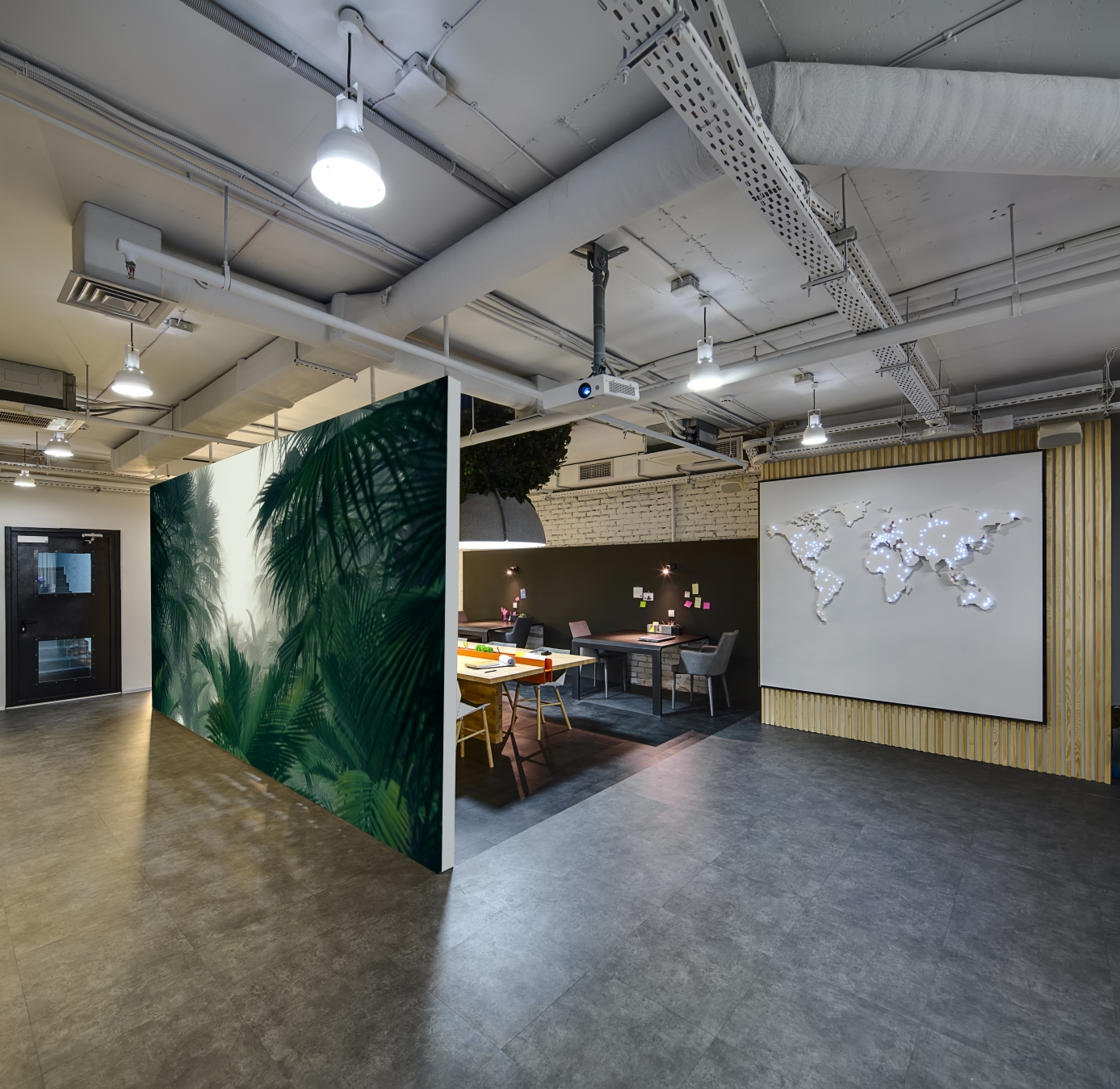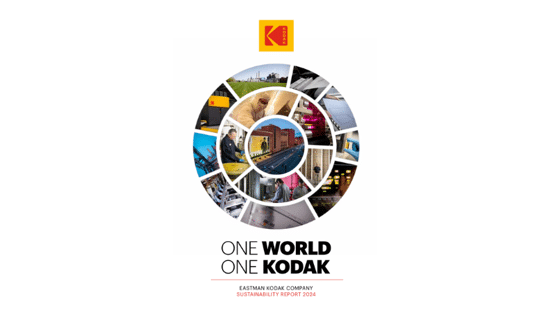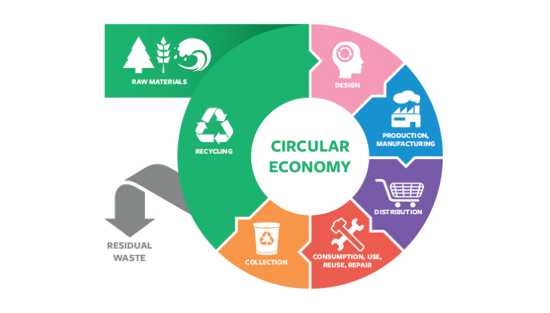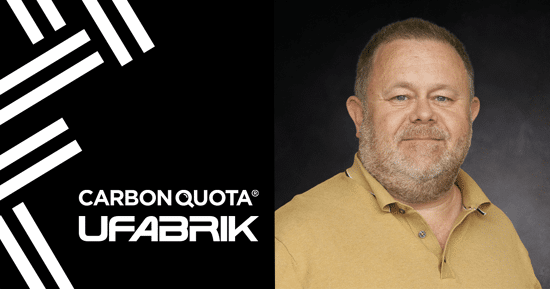The business opportunity of more sustainable textiles

Giorgio Volpi, Head of Marketing at Berger Textiles discusses the various opportunities for businesses regarding sustainable textiles.
Textiles touch every aspect of our lives, and the European textiles market is one of global significance, poised to grow to just under 51 billion Euros (US$54.90bn) in 2024.
When looking at these big industry numbers, it’s easy to overlook the fact that this market is made up of thousands of small and independently-owned service providers, spanning various sectors from fashion, to interiors, to signage and visual communications.
A key trend currently affecting all of those sectors and driving decision-making is sustainability. Today’s consumers demand that brands take action to reduce their environmental impact and larger corporations have already answered this call, with many committing to decarbonising their operations in the coming years. But, for smaller independent businesses like so many in the textile space, balancing these environmental considerations with today’s operational realities can be a challenge.

While business owners want to be able to meet customer demands with regard to sustainability, they must also grapple with economic uncertainty, higher materials costs and in places, a shortage of skilled labour. Adding to this pressure are tougher EU legislations on sustainability, which are set to come into effect later in 2024. This means businesses can expect more regulatory scrutiny of their sustainability strategies, including the carbon footprint of the materials they buy.
In reality, any textiles business today needs to be able to offer customers sustainable material choices. However, there’s no denying that these options are more expensive than their conventional alternatives and not all customers are able or willing to pay a premium.
Being able to proactively offer sustainable alternative materials that satisfies both sets of customer needs can help service providers differentiate in a crowded market and offer a competitive advantage.
As sustainability is now a more heavily-weighted part of European tenders, this offer broadening with clear information about the sustainability profile of materials will also open the tenders that service providers can apply for.

The good news for businesses working with Berger Textiles is that we’re now able to offer more environmentally responsible choices alongside our core high-performance range. For our best-selling Samba® and Samba® EVO ranges, we have also begun life cycle assessments (LCAs), which break down each stage in the life of the product to calculate its overall carbon footprint.
This commitment is another important step on our well-mapped journey to become a more circular business. A decade ago we launched Revolution Green, which was then the first textile produced from recycled yarn on the market. Now we’re excited to present our extended Berger Textiles EVO range at this year’s FESPA Global Print Expo 2024.
Spanning our bestselling Samba®, Lumina® and Mozaik® ranges, the EVO versions mean we are now able to offer customers a selection of soft signage products made from 100% recycled yarn, without compromising on the quality and performance of our award-winning textiles.
We will be on hand on Stand A21 in Hall 10 at FESPA Global Print Expo in Amsterdam, showcasing our products, sharing our knowledge with visitors, and re-affirming our commitment to help customers progress towards their sustainability goals and access fresh opportunities.
Visit Berger Textiles at stand 10-A21 at FESPA Global Print Expo 2024, Europe’s leading print and signage exhibition. Taking place from 19th – 22nd March 2024 at RAI Amsterdam, Netherlands. Register here to visit and use code FESJ420.
Topics
Recent news

Kodak's 2024 Sustainability Report: A Commitment to a Greener Future
Kodak's 2024 Sustainability Report, "One World, One Kodak," demonstrates a strong commitment to environmental and social responsibility. The report highlights impressive reductions in greenhouse gas emissions (56%) and water withdrawal (31%) and aims for zero waste by 2025. Notably, Kodak is pioneering double materiality assessment in the printing industry, aligning sustainability with financial reporting, and showcasing its products' environmental benefits.

How can printers lower costs on energy usage?
Clare Taylor outlines simple steps for businesses to achieve energy sustainability, focusing on cost savings and staff comfort. It emphasises starting with measuring energy consumption to identify key areas for improvement. Subsequent steps involve managing energy use through behavioral changes and low-cost interventions, like optimizing cooling settings and ensuring equipment is switched off when not needed.

The European Union's circular economy plan
Printing companies must understand the EU's Circular Economy Action Plan (CEAP), part of the European Green Deal. These initiatives drive sustainability, impacting businesses globally, even if not EU-based, through customer requirements. Printers need to be aware of reporting and sustainability expectations to manage risks and retain clients.

A revised look at sustainability in wide format print
Sustainability is crucial for wide-format print, moving beyond marketing to an imperative driven by brands and regulations. Common "eco" claims often mask complexities; true sustainability demands carbon reduction as a core principle. Life Cycle Assessment (LCA) offers data-driven insights for genuine environmental improvement, as demonstrated by UFABRIK's transparent approach.